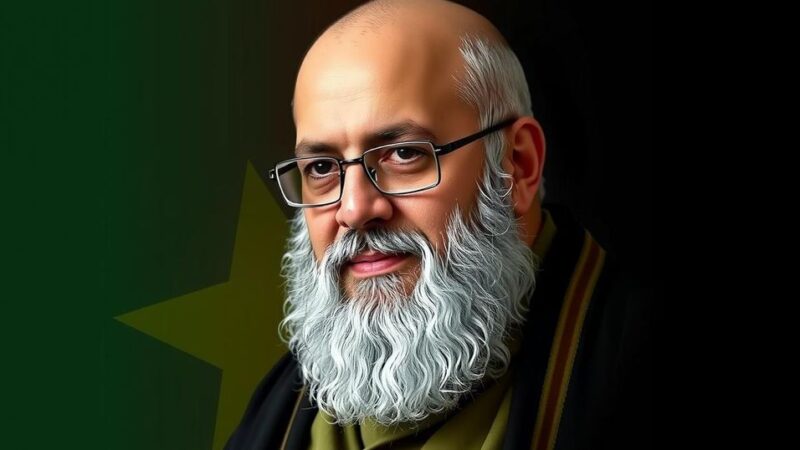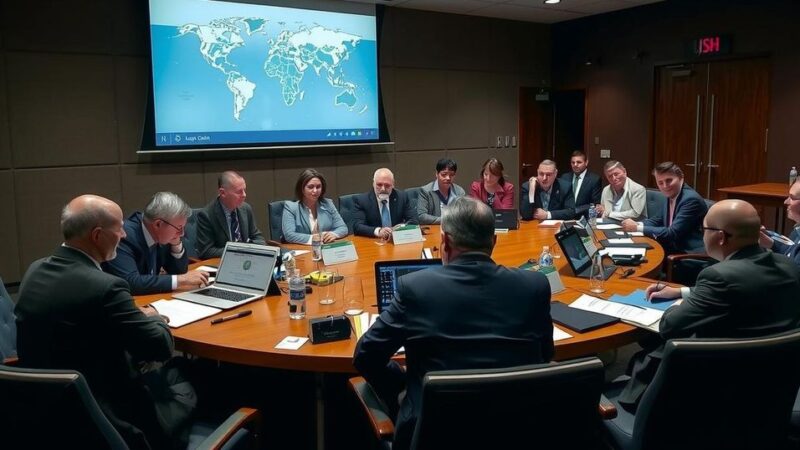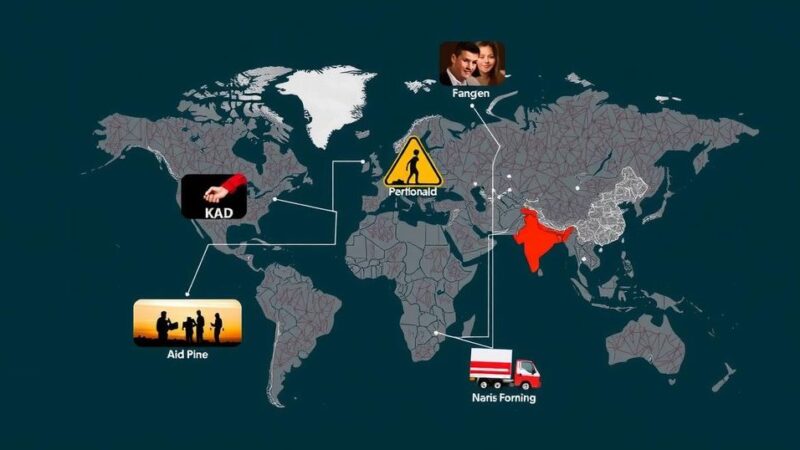Qatar has emerged as a pivotal mediator in the Middle East, balancing relations with Hamas, Israel, and the United States amid rising tensions in Gaza. Despite challenges associated with its financial assistance to Hamas and skepticism about mediation processes, Qatar continues to play a critical role in facilitating dialogue and humanitarian aid. Its unique diplomatic position enables it to influence cease-fire negotiations and coordinate aid, even as it navigates complex regional dynamics involving Iran, Hezbollah, and the broader geopolitical landscape.
Qatar’s position in the Middle East has evolved into that of a crucial mediator amid ongoing regional conflicts, particularly in Gaza. For over twenty-five years, Doha has engaged with various stakeholders, including Hamas, Israel, and the United States. This diplomatic maneuvering intensified following the Hamas-led attacks on October 7, 2023, which complicated Qatar’s financial assistance to Gaza and raised questions about its role as a mediator. Even in the face of skepticism regarding the efficacy of its mediation efforts, especially amidst recent assassinations of key figures in the region, Qatar remains steadfast in its commitment to dialogue and humanitarian aid. The country continues to emphasize the importance of maintaining stability in Gaza through its unique diplomatic channels, which have fostered collaboration with Egypt and reinforced Qatar’s position as a significant player in mitigating conflicts within the region. The nation has allocated substantial resources to aid Gaza, which includes provisions for food, medicine, and essentials, all coordinated with multiple parties, including the U.S. and Israel. As tensions escalate, especially with the precarious dynamics involving Iran, Hezbollah, and Israel, Qatar is faced with the challenge of maintaining its neutrality while fulfilling its humanitarian obligations and safeguarding its national interests.
Understanding Qatar’s role as a mediator in the Middle East necessitates a historical perspective on its diplomatic strategies and relations with various regional players. Qatar’s ascent began under Sheikh Hamad bin Khalifa Al Thani in 1995, further amplified by the establishment of Al Jazeera. However, it was the country’s proactive engagement with conflicting sides that established its reputation as a vital mediator. Qatar’s extensive financial support to Gaza has been a cornerstone of its mediation efforts, particularly in aiming to stabilize the region amidst ongoing conflicts. Its strategic importance is also reflected in its relationships with the United States and Egypt, which have developed in response to regional challenges, including those involving Hamas and Israel. A keen sensitivity to regional tensions, especially regarding Iran and its joint gas field with Qatar, highlights the complexity of its diplomatic role.
In conclusion, Qatar’s ability to navigate the treacherous diplomatic waters of the Middle East underscores its unique position as both a supporter and a mediator among conflicting factions. By prioritizing dialogue and humanitarian efforts, Qatar is working to alleviate crises and foster stability, even as it faces growing skepticism and complications in its mediation role. The importance of sustained engagement and trust-building measures remains paramount as the region grapples with rising hostilities and fears of broader conflicts.
Original Source: www.voanews.com






